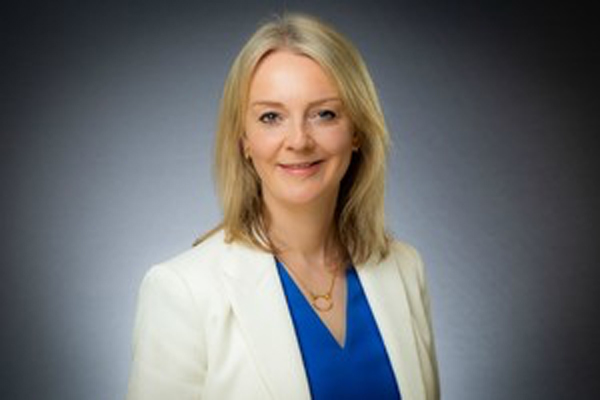World experts have outlined recommendations for G7 leaders to ensure that women worldwide are at the forefront of the Covid-19 recovery; and at the heart of the ‘build back better’ agenda.
The G7 Gender Equality Advisory Council’s (GEAC) recommendations focus on education, economic empowerment and ending violence against women and girls. “The UK has a proud history of championing the rights of women and girls both here and across the globe. I’m pleased that we are using our presidency of the G7 to put women at the heart of our recovery from Covid-19 through the work of the Gender Equality Advisory Council,” stated Minister for Women & Equalities, Liz Truss. “These recommendations will help us drive forward a strong agenda on women’s rights, both domestically and internationally. I look forward to working with GEAC members as we build back better.”

GEAC RECOMMENDATIONS FOR GENDER EQUALITY
The GEAC comprises an independent group of experts convened by UK Prime Minister Boris Johnson under the UK’s G7 Presidency. They include world-leading scientists, business leaders, economists, public sector leaders, human rights and democracy advocates and international development experts; from across the G7 countries and beyond. Their recommendations include calls for:
- Targeted pandemic response and recovery plans that take account of the needs of women and girls.
- At least 12 years of gender-transformative education for all.
- Strengthened public investment in social care infrastructure – including childcare – to address gender imbalances in care work, both paid and unpaid.
- Greater opportunities for women to thrive in the modern economy; including trading relationships that support women’s economic empowerment around the world.
- A gender-responsive approach to climate financing, investment and policies; and investment in education and life-long learning to ensure that women and girls can benefit from the ‘green revolution’.
- Progress towards achieving gender parity in STEM education and careers.
- Action to address the digital gender divide and to counteract algorithm bias; which puts women, girls and marginalised groups at a disadvantage.
- An end to the stereotyping and unequal treatment of women in the media; including by supporting the Generation Equality Forum Charter of Commitments for Cultural and Creative Industries.
- Global action to end violence against women and girls through increased investment in prevention and response; the ratification of relevant conventions, and enhanced support for eradicating female genital mutilation.
- Action to tackle online harassment and abuse of women and girls.
- Condemnation of sexual violence used as a weapon of war as an international red line; and greater multilateral action to address it.
- A clear mechanism to monitor progress and accountability on commitments on gender equality in the G7.
LEVEL PLAYING FIELD FOR WOMEN & GIRLS
“We are at an historic moment for women and girls. The pandemic stopped the clocks of social change. Now we must accelerate into a recovery,” commented Sarah Sands, Chair of the Gender Equality Advisory Council. “An extraordinary council of women, many of them scientists and all of them brandishing evidence, put their minds to finding solutions.
The GEAC calls for guaranteed education for girls, for paths into green jobs, access to capital and digital inclusion. “We want real representation of women, a level playing field in the work place and liberation from sexual violence and online abuse,” added Sands. “Women and girls have astonishing potential. We challenge the G7 to unleash it.”
UK campaigners are also urging the Government for action to help stop gender stereotyping in the early years, in a bid to stamp out gender inequality in future generations. Click here to read more.




































